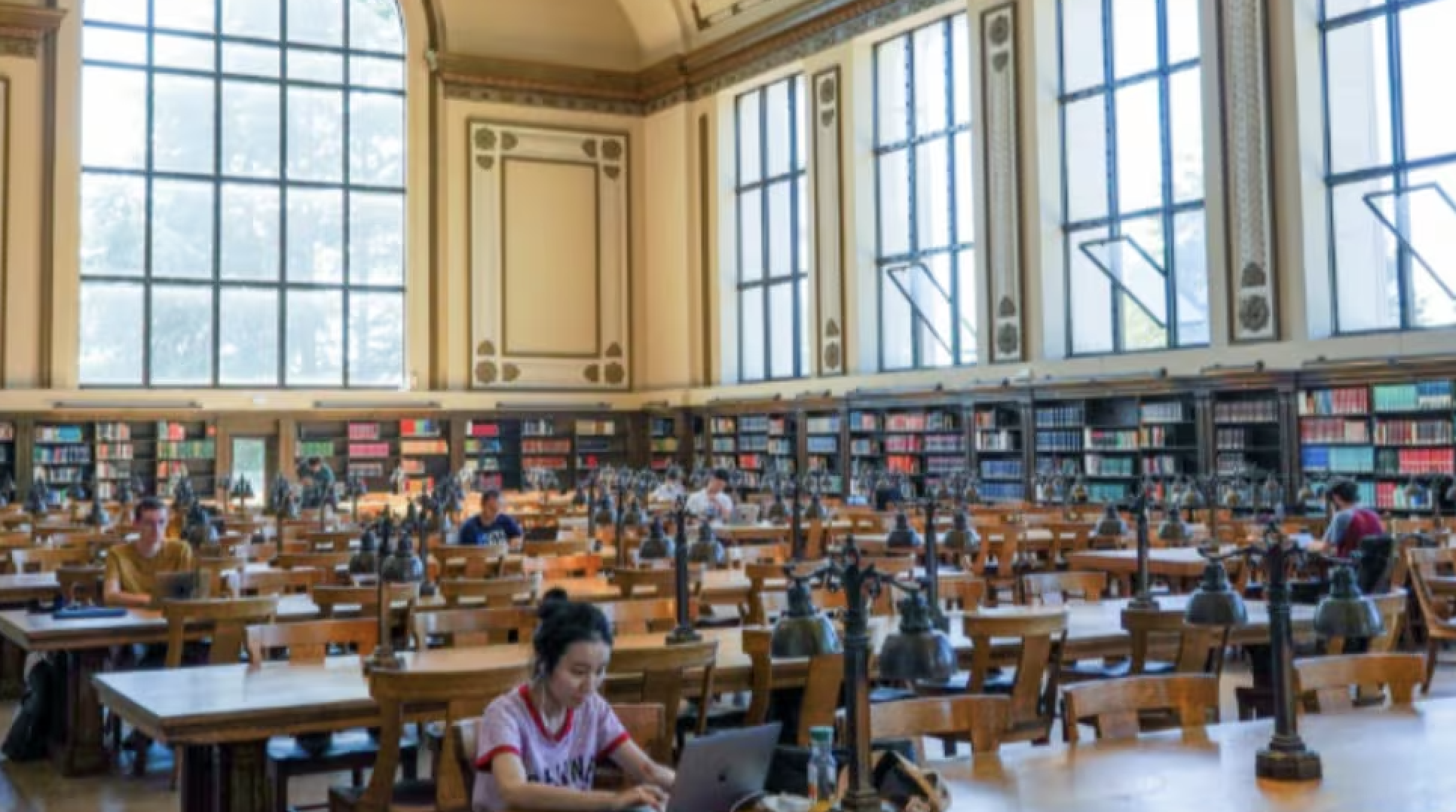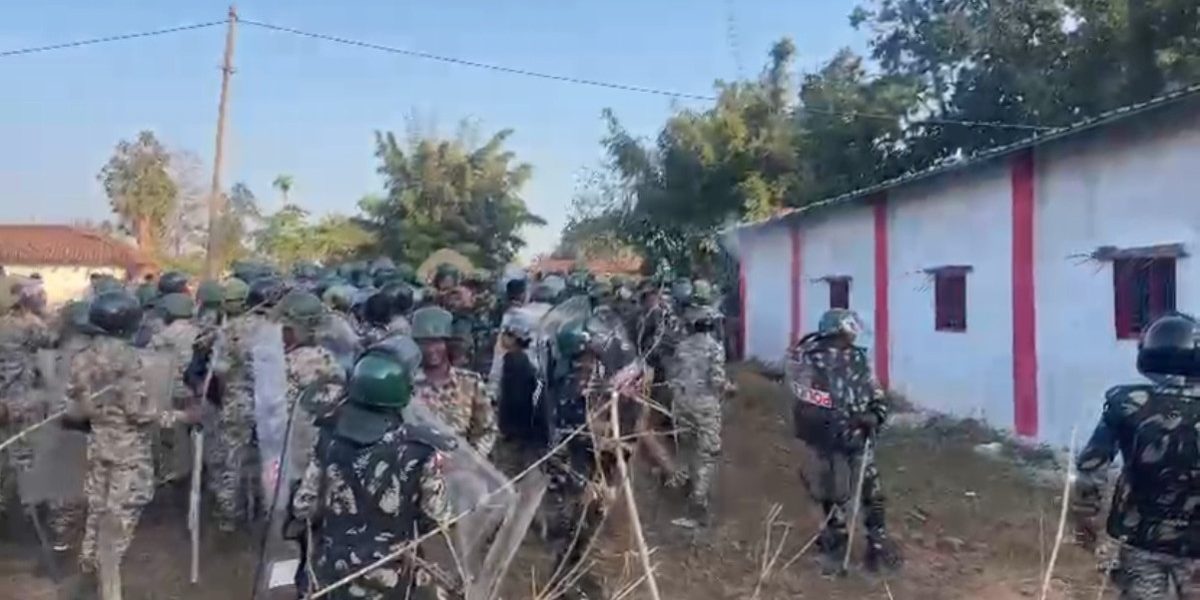By SABRANGINDIA
In the wake of the recent Gyanvapi verdict in Varanasi last week, where the district court in Varanasi allowed prayers in the basement of the Gyanvapi Masjid, another court released a judgement to a decades old dispute in Uttar Pradesh’s Baghpat. The district court in Baghpat delivered a ruling where the court gave ownership rights over 100 bighas of land along with the sacred tomb located in Barnawa village to the Hindu community. The verdict came at the beginning of this election year as the legal battle had been going on for over 50 years. Civil judge Shivam Dwivedi rejected the claims of the Muslim petitioners and awarded the land to the Hindu claimants.
According to reports, more than ten witnesses from the Hindu side served as witnesses in the courtroom. The site is disputed by both communities. The Hindu claim is that the contested land is a site of relevance from the times of the ancient Lakshagriha from the Mahabharata era, where, according to the text, Kauravas sought to eliminate the Pandavas in a battle. The Muslim petitioners have posited that the tomb in question is the sacred resting place of Sufi saint Sheikh Badruddin. According to a report by the Times of India, the site is a protected site by the Archaeological Survey of India (ASI).
According to the Free Press Journal, in 1972 Mukhim Khan, an official of the Waqf board, initiated the court case related to the disputed land. Dismissing Krishnadutt Maharaj’s claim regarding the parcel of land, Khan asserted that the land holds the tomb of the revered Sheikh Badruddin. Khan had further argued that land adjacent to the tomb is a Muslim graveyard which is registered as Waqf property under the Sunni Waqf Board.
This story was originally published in sabrangindia.in. Read the full story here.





